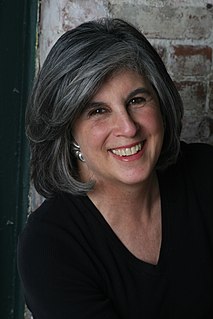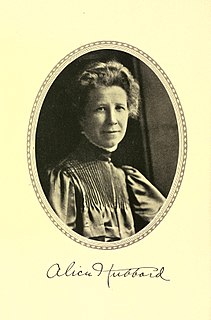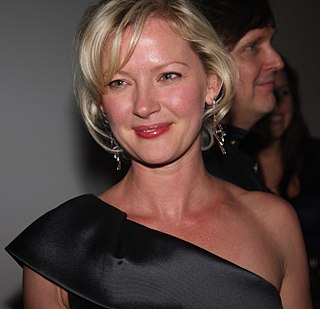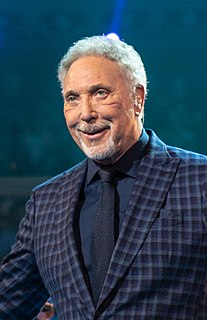A Quote by Hallie Ephron
I'd long wanted to write about that moment when a woman steps off the career track to have her first child. For me, that was a scary time.
Related Quotes
As Anna Freud remarked, the toddler who wanders off into some other aisle, feels lost, and screams anxiously for his mother neversays "I got lost," but accusingly says "You lost me!" It is a rare mother who agrees that she lost him! she expects her child to stay with her; in her experience it is the child who has lost track of the mother, while in the child's experience it is the mother who has lost track of him. Each view is entirely correct from the perspective of the individual who holds it .
I wrote Her First American and I always say it took me eighteen years. It took me that long was because after about five years I stopped and wrote Lucinella. I got stuck; it was too hard to write. Lucinella felt like a lark. I wanted to write about the literary circle because it amused me, and I allowed myself to do what I wanted to do. It's just one of the things I'm allowed to do if I feel like it.
There must be a solemn and terrible aloneness that comes over the child as he takes those first independent steps. All this is lost to memory and we can only reconstruct it through analogies in later life....To the child who takes his first steps and finds himself walking alone, this moment must bring the first sharp sense of the uniqueness and separateness of his body and his person, the discovery of the solitary self.
I'm pretty low-maintenance, but I like my time to myself, and once you have a child, you have to fight for it. I remember the first long bath I took [after Ptolemy's birth] was such a moment. Because a lot of the time you're in the shower, and if that baby cries, you've got to turn off the water and go!
When you first start off, I know singers who have only been in the business just a short amount of time, and they've already written their autobiography. I didn't want to write it too soon. I wanted to live a while and write about things that I felt were important to me - growing up in Wales, and the characters that I met and listened to.
To me, the model example of how to share your faith is Jesus with the woman at the well in John 4. He was patient with her. He took time for her. To some degree, she was kind of disrespectful to Him at first, initially kind of blowing off what he said and blowing off what he was saying to her. But then, as it continued on, she began to understand and ultimately believed.
There's not one woman in America who does not care about her hair, but we give it way too much value. We deprive ourselves of things, we use it to destroy each other, we'll look at a child and judge a mother and her sense of motherhood by the way the child's hair looks. I am not going to traumatize my child about her hair. I want her to love her hair.







































